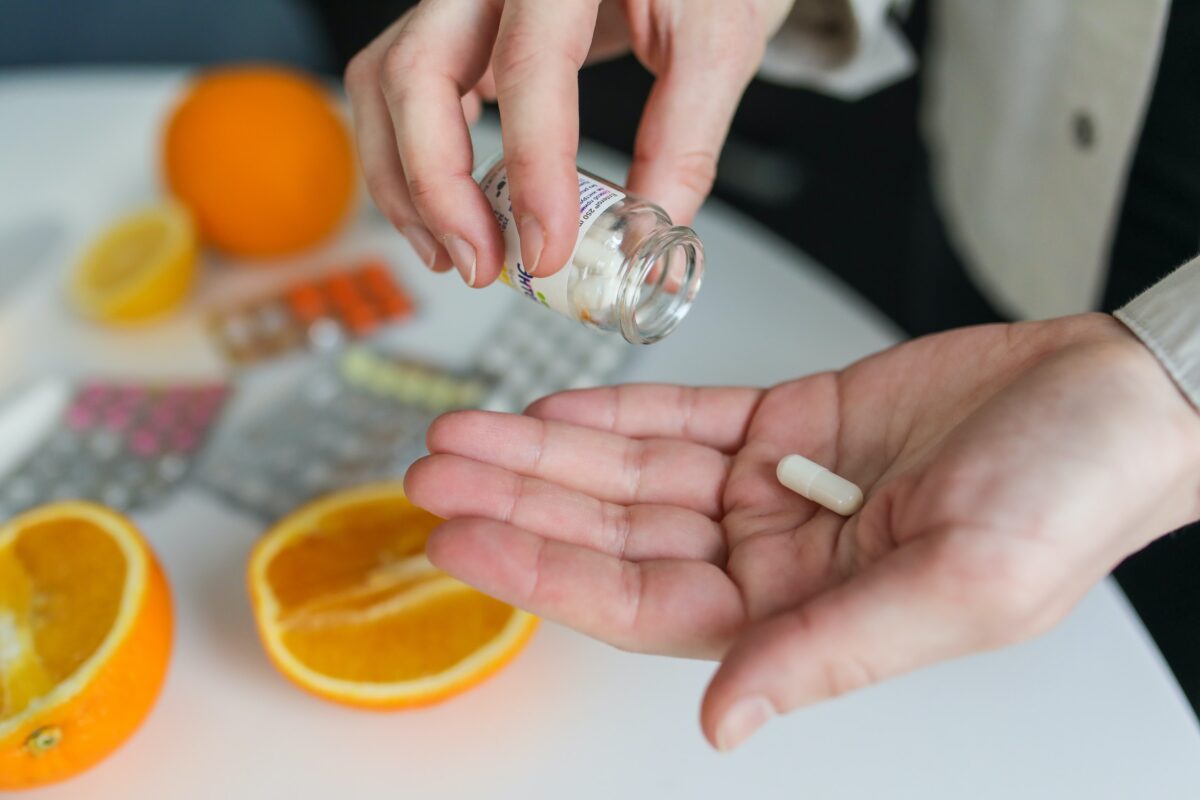Health
Where Does Collagen Come From?
Collagen has been hype due to its health benefits in recent years, and now you can see different collagen supplements available in the market. But have you ever wondered where does collagen come from and what is the role of collagen in your body?
You will find answers to all these questions here in this article. Let’s have a look at the main sources of collagen and its role in the human body.
The Role of Collagen in Our Body
Our body makes its own collagen through fibroblast. Fibroblasts are cells located in connective tissues whose main role is to make a lot of elastin, collagen, and the extracellular matrix.
Collagen helps make up the structure of bone, skin, cartilage, and muscle, making the tissues become more elastic and withstand stretching. Our body continuously restores the natural supply of collagen until it stops producing it.
Human body consistently balances the production and degradation of collagen. At a young age, the production of collagen in our body is more than the breakdown. However, as we age, our body produces less collagen as the tissue regeneration decreases. This change in collagen production is natural and usually starts in the late 20s.
In addition to age-related decline, it is sometimes due to unhealthy lifestyles such as too much sun exposure, poor diet, and environmental pollutants.
That’s why people often opt for collagen supplementation to support natural collagen production in the body. But where does the collagen in those products come from?
Where do Collagen Supplements Come From?
Collagen supplements are made of hydrolyzed collagen peptides. Collagen is a very large molecule that enhances its bioavailability and absorption.
Similar to the peptides our digestive enzymes splice from the proteins we get from food, these hydrolyzed collagen peptides are also broken down into amino acid peptides.
Here are the main sources of collagen:
Bovine
Collagen peptides derived from cows are one of the most common sources known as bovine. Bovine collagen is derived from cows’ tendons, hides, and bones. Additionally, bovine has a high level of type I and III collagen. It is thus considered a good source for skin supplements because our skin primarily consists of type I and II collagen.
Marine
Marine collagen is a popular supplement among pescatarians; these collagen supplements are made from fish scales, skin, and bones. Most of the marine supplements you see today in the market are mainly derived from codfish or snapper, made especially from the skin and scales of these fishes. A study shows that marine collagen has similar effects on the skin, bones, and gut as bovine collagen.
Poultry
Poultry is another less common collagen peptide source from chicken bones, cartilage, and eggshell membrane. Poultry collagen is rich in type II collagen and may benefit and support bone health and joint comfort.
Plant-based Food
Consider eating these foods to combat collagen loss naturally:
- Citrus fruits
- Berries
- Garlic
- Tomatoes
- Beans
- Cashew
We understand sometimes it becomes difficult to consistently add a variety of foods to your diet and fulfill your body’s collagen requirement. So we recommend you opt for a quality collagen supplement like Diamond Glow, which is easily digestible, palatable, and has many health benefits.

